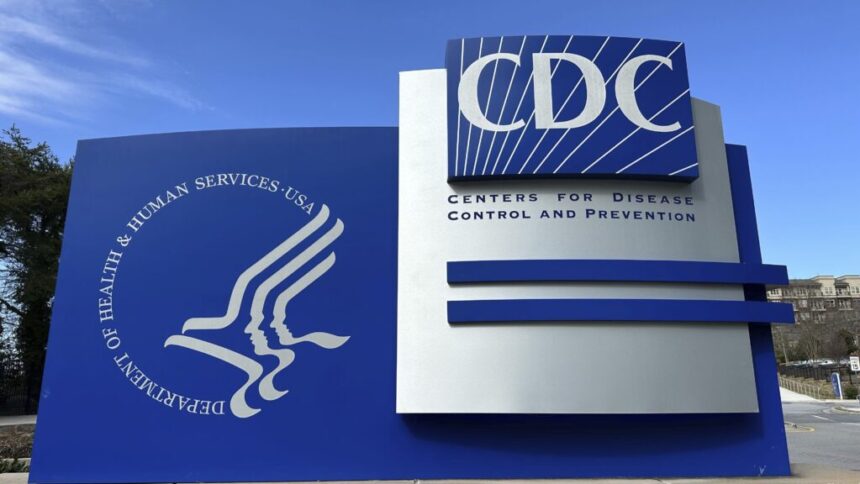The National Academies of Sciences, Engineering, and Medicine, a prestigious institution with a 160-year history of providing science-based guidance on critical U.S. issues, is facing a significant setback. The organization has lost $40 million in federal contracts, leading to layoffs and restructuring within the institution.
This news comes as a shock to many in the scientific community, as the National Academies have long been a trusted source of independent expertise and analysis. The loss of such a substantial amount of funding raises concerns about the future of the institution and its ability to continue its vital work.
The impact of these layoffs is already being felt, with reports of key staff members being let go and programs being scaled back. The National Academies play a crucial role in shaping policy and providing guidance on a wide range of issues, from public health to climate change. The loss of federal contracts will undoubtedly have ripple effects across the organization and could hinder its ability to fulfill its mission.
As the National Academies grapple with these challenges, it is essential for the scientific community and policymakers to come together to support the institution and ensure that it can continue its important work. The expertise and insights provided by the National Academies are invaluable in informing decision-making and shaping policy at the highest levels.
In these uncertain times, it is more important than ever to support institutions like the National Academies of Sciences, Engineering, and Medicine. Their work is essential in addressing the complex challenges facing our society, and we must ensure that they have the resources and support they need to continue making a positive impact.
As the situation unfolds, it will be crucial to monitor developments within the National Academies and to advocate for the importance of independent, science-based guidance in shaping policy and addressing critical issues. The loss of federal contracts is a significant blow, but with support from the scientific community and policymakers, the National Academies can overcome these challenges and continue to fulfill their vital role in advancing knowledge and informing decision-making.








